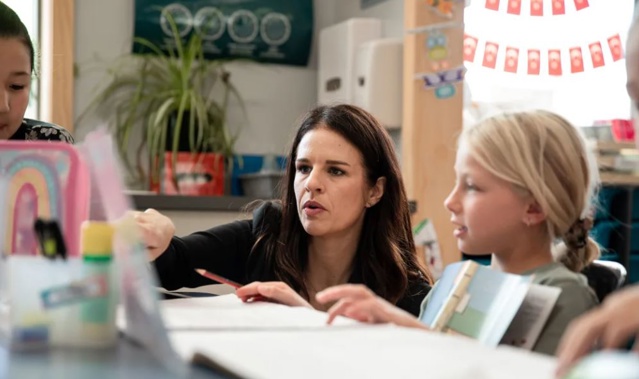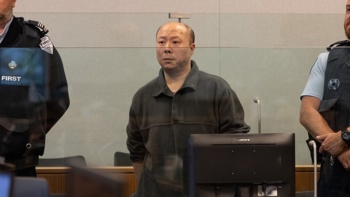
Improved teacher training, school behaviour programmes and consistent school expectations are on the mind of the Minister of Education after an OECD report found New Zealand's students are among the worst behaved in the world.
New research from the Education Review Office (ERO) found disruptive behaviour has become worse over the past two years and a quarter of principals have said they're seeing students hurt others and steal property at least every day.
The report was “depressing reading”, the head of education evaluation centre, Ruth Shinoda told Newstalk ZB.
"We're really concerned about the level of behaviour in our classrooms and it gets in the way of student learning," she said.
However, Shinoda wanted any Government cracking down on learning disruption to focus on three key areas, the first being a "national approach" to managing school support and making sure that schools can access the same support and are really backed to succeed".
"The second is we do need to support our kids, so let's have greater prevention and let's set them up to succeed at school. And lastly, let's really help these teachers with the expert support and skills they need. And yes, we do think taking cellphones out of classrooms will help."
Newstalk ZB Plus approached education minister Erica Stanford about ERO's expectations as a result of the report - specifically around the idea of a national approach.
Stanford said the approach would mean consistency in expectations of behaviour and consequences for poor behaviour across all schools, also meaning that teachers - no matter what school they taught at - would use the same methods.

She said the ministry was looking at the programmes and supports available to schools to promote positive behaviour.
"This includes a refresh, currently under way, of the PB4L [Positive Behaviour for Learning] school-wide initiative," she told ZB Plus.
"The ministry is also currently looking at learning support – which includes a focus on children and young people who need extra support for their learning with regards to behaviour."
Stanford said she was looking at how to improve teacher training so they have the confidence and skills to deal with challenging behaviour.
"We have already removed cellphones from classrooms, which decreases disruption allowing teachers to teach and students to focus on learning. We're also looking at the other recommendations of the report and how we can implement these."
The Education Hub founder, Dr Nina Hood, was intrigued how the Government would approach the school discipline crisis.
"I think it's really important to be drawing schools' attention to the importance of behaviour and having really effective strategies in place to be managing behaviour," Hood told Newstalk ZB this morning.
"But ultimately what we know from the research is, it's up to individual schools to create really clear expectations, consistent rules, putting those structures in place and most importantly upholding them - making sure they're written down somewhere, but they're actually part of day-to-day life."
Last year, an OECD survey of 15-year-olds gave New Zealand the bottom score among developed countries for classroom behaviour and one of the worst of the 81 participating nations and territories.
Ministry of Education figures show schools stood down pupils 25,167 times in 2022, or almost 3.3 stand-downs for every 100 students - the highest rate on record by a narrow margin.
Secondary Principals’ Council chair Kate Gainsford told the Herald while the scale and complexity of social issues had increased, schools were expected to do more, but without a corresponding increase in resources.
“It’s not all about money for schools, it’s about service and a workforce to provide the necessary service.”
Gainsford said schools endorsed the report’s call for a consistent set of expert supports and programmes.
Take your Radio, Podcasts and Music with you









